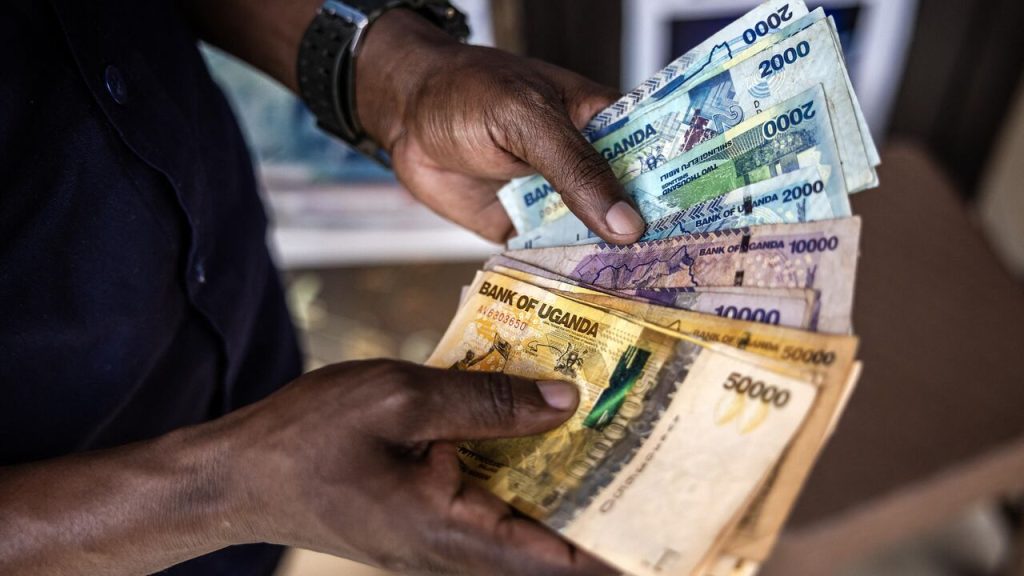Creating a personal budget in Uganda is a crucial step towards achieving financial stability and meeting your financial goals. A well-structured budget helps you track your income, manage your expenses, and save for future needs.
What is a budget
A budget is a financial plan that outlines the expected income and expenses for a defined period, usually a year or a month. It is a tool used by governments, businesses, families, and individuals to manage their finances effectively.
Key points about budgets in Uganda:
- Budgets help establish priorities and evaluate the achievement of financial objectives.
- They can express a surplus (income exceeds expenses) or a deficit (expenses exceed income).
- Corporate budgets are essential for operating efficiently and effectively.
- Personal budgets are useful in helping individuals and families manage their finances.
- Budgeting involves estimating revenue sources, analyzing expenses, prioritizing spending, and regularly monitoring and reviewing the plan
Now that you have known what a budget is and key points, let’s go through the process of creating a personal budget in Uganda and sticking to it effectively.
Understanding Your Financial Situation
Before you can create a budget, it’s essential to understand your current financial situation. This involves:
- Calculating Your Net Income: Determine your total income after deductions such as taxes and other withholdings. This is your take-home pay, which is crucial for budgeting.
- Tracking Your Expenses: Keep a record of your spending over a month. Categorize your expenses into fixed (rent, utilities) and variable (groceries, entertainment) to see where your money goes. This will help identify areas where you can cut back.
Steps to Create Your Budget in Uganda
- Set Clear Financial Goals: Define your short-term and long-term financial goals. Short-term goals might include saving for a vacation, while long-term goals could involve saving for retirement or buying a home. Prioritizing these goals will guide your budgeting decisions.
- Choose a Budgeting Method: There are various budgeting methods you can choose from, such as the 50/30/20 rule, which suggests allocating 50% of your income to needs, 30% to wants, and 20% to savings. Alternatively, you can use a zero-based budget, where every shilling is allocated to specific expenses or savings.
- Create Your Budget: Using your tracked expenses and income, create a budget that reflects your financial goals. List all your income sources and categorize your expenses. Make sure to allocate a portion for savings and unexpected expenses.
- Adjust Your Spending: After creating your budget, review your spending habits. Identify areas where you can cut back, especially on discretionary spending. For instance, consider reducing dining out or entertainment expenses to free up more funds for savings.
- Implement and Monitor Your Budget: Start using your budget immediately. Track your expenses regularly to ensure you are sticking to your plan. Use budgeting apps or spreadsheets to make this process easier.
- Review and Adjust Regularly: Your financial situation may change due to various factors, such as job changes or unexpected expenses. Regularly review your budget (monthly or quarterly) and make adjustments as needed to stay on track with your goals.
Tips for Sticking to Your Budget in Uganda
Here are some practical tips for sticking to your budget in Uganda:
- Automate Savings and Bills:Set up automatic transfers to savings accounts to reduce temptation. Automate bill payments to ensure essential expenses are covered.
- Track Your Spending: Use budgeting apps or tools to monitor your expenses. Regularly reviewing your spending helps identify areas for adjustment.
- Sleep on Impulse Purchases: Before making non-essential purchases, wait a day or a week. This pause can help you evaluate whether the purchase is necessary.
- Stay Committed: Commit to your budget by reminding yourself of your financial goals. This will help you resist the temptation to overspend.
- Use Cash for Discretionary Spending: Consider using cash for discretionary expenses. This can help you stay within your budget since you can physically see how much you have left to spend.
- Join a Savings Group: Participating in a Village Savings and Loan Association (VSLA) can provide support and motivation to stick to your savings goals while also offering a community to share financial tips and strategies.
Conclusion
As we’ve explored throughout this post, budgeting is a powerful tool that can transform your financial future in Uganda. By creating a realistic budget, automating your savings, tracking your expenses, and making adjustments as needed, you can take control of your finances and achieve your financial goals.
Remember, budgeting is not a one-size-fits-all solution. It’s a highly personal process that requires you to assess your unique financial situation, priorities, and spending habits. Don’t be afraid to experiment with different budgeting methods until you find the approach that works best for you.
As you embark on your budgeting journey, keep these key points in mind:
- Be patient and persistent. Changing financial habits takes time and effort.
- Celebrate small victories along the way. Recognizing your progress can keep you motivated.
- Seek support from friends, family, or financial professionals when needed.
- Continuously review and update your budget to adapt to life’s changes.
With dedication and a commitment to financial responsibility, you can break free from the cycle of overspending and build a secure financial future for yourself and your loved ones in Uganda. Remember, every step you take towards better money management is a step towards a brighter tomorrow.
So, what are you waiting for? Start budgeting today and unlock the door to financial freedom! Together, we can achieve our financial goals!



